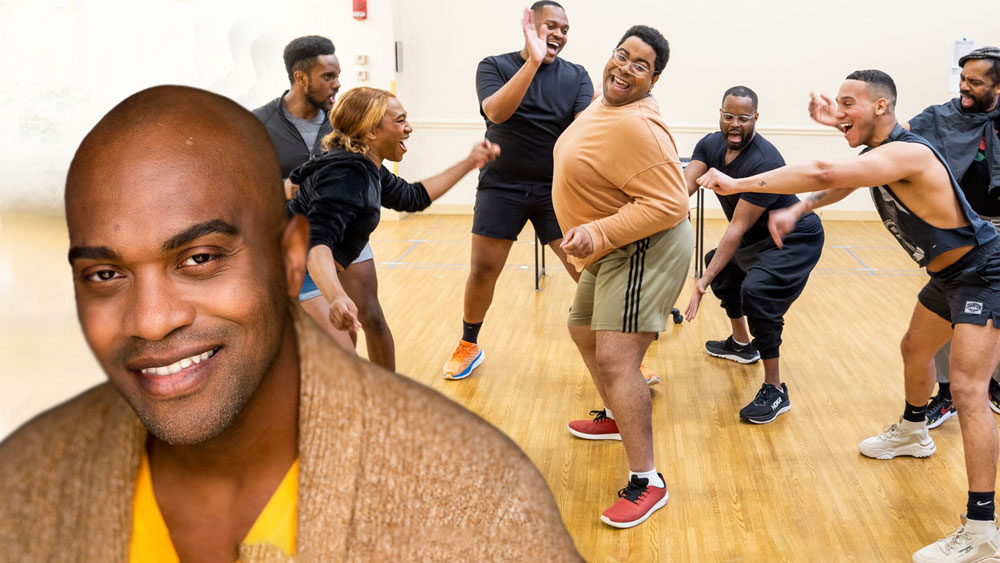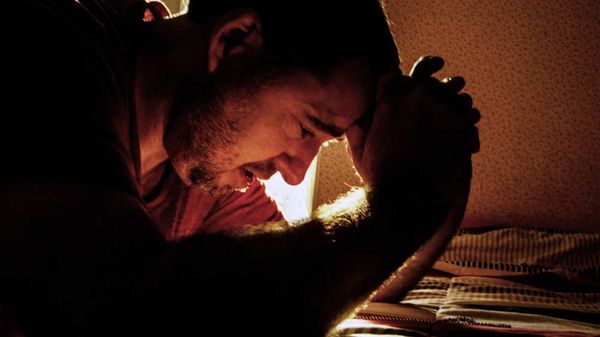April 12, 2010
Left Out of the Party
Kilian Melloy READ TIME: 5 MIN.
Lesbian high school senior Constance McMillen, a student at Itawamba Agricultural High School in Mississippi, challenged an anti-gay rule that said no same-sex dates were allowed and stipulated that girls were not allowed to wear tuxedoes. Rather than accede to McMillen's argument, the Itawamba School District simply canceled prom for everybody. They said it was because the issue was becoming a "distraction" from the business of teaching the kids.
The national headlines that resulted may well have also been a distraction, but the school district didn't say much about that. Instead, when McMillen took the school district to court, with the backing of the ACLU, the school district promised that a private prom would be offered, to which McMillen would be free to take her female date and wear a tux. It was with this understanding that the judge in the case, while finding that McMillen's rights had been infringed upon, did not order the school district to re-schedule the prom.
The McMillen saga raised awareness of the anti-gay animus that greets GLBT teens, and not just from their hormone-addled peers, to whom conformity in all things--dress sense, conduct, sexuality--is key, and those who depart from the script are shunned, harassed, even violently attacked. Gay teens are also targeted, in ways great and small, subtle and overt, by their teachers and other staff at the schools they attend... or avoid attending; truancy and drop-out rates are higher among GLBT students than their heterosexual peers, and given what they have to put up with, it's no wonder.
But for a moment it seemed that there might be a sea change in the way GLBT teens are treated. A gay teen in another rural school--Derrick Martin, of Bleckley, Georgia--won permission to bring his boyfriend as his date to the school function, which was scheduled to proceed as usual despite (gasp!) the presence of an openly gay teenager--a promising sign that in some places, adults know how to act like adults, even when they spend their work days in the company of kids. And a Facebook phenomenon called the National Equality Prom encouraged everyone, regardless of age or sexual orientation, to dress to the nines, as if heading to the prom, on April 2--even if they were just going to work or to class as usual that day.
Then the real nastiness began. It was bad enough that Derrick's parents threw him out of the house when the story out of Georgia hit the headlines, but the news that the parents and officials of Mississippi's Itawamba School District pulled a bait-and-switch, sending McMillen to a "fake" prom--on April 2, National Equality Prom day, no less--while most of her classmates attended an alternative event put on at a country club, challenged the very notions of decency and fair play.
"When I found out that there was another prom, I called and asked if I was invited and [a student] told me the prom was at the country club so I took that as a 'no,' " McMillen told the press.
An Associated Press article on the fake prom noted that, "School officials and many of the locals won't talk about it." I just bet they won't. But they don't have to: we've all been down this road before--we've all been the ones left off the guest list to the cool kids' parties or, if we managed to pass for one of the cool, hetero kids, left off another list--the one headed with words like Honesty and Integrity.
That, all too often, is what our choices boil down to. Among the list of anti-gay comments, the complaint that we're "in the faces" of straight America ranks near the top; the message is that our straight fellow citizens would like us to juts shut up and disappear, and maybe marry someone we're not interested in while we're at it, just to preserve appearances. There's very little understanding that what's commonly derided as "in your face" is just us getting along with our lives. Two men holding hands in public or two women fighting for their right to be acknowledged as the mothers of their children isn't "in" anyone's face; it's a matter of having the same rights--to hold hands, to dance at the prom with a same-sex date, to be spouses and parents and not have to think about it. The fact that we still have to ask permission just to be ourselves is where the noise begins, and it's usually not GLBTs who start off shouting.
ACLU Mississippi legal director Kristy Bennett told the press that, "we're investigating if the prom at the country club was a sham or a decoy," adding, "It's evidence that what [school officials] represented to the judge didn't happen." That is to say, a prom at which all students--including McMillen and her date--would be welcome; in the end, a separate and unequal prom attended by fewer than a dozen students is what McMillen got.
"The part of this story that's hardest to handle is that adults were very much in control of making this decision and supporting this decision," the Human Rights Campaign's Ellen Kahn said.
Another HRC staffer, Candace Gingrich-Jones, wrote at the Huffington Post that, "parents sometimes mimic their own children. In these situations, their homophobia transforms from a passive atmosphere in the home into a pro-active statement outside of it. The students may have been the ones who came up with the idea to hold a secret prom, but it was the parents who took the idea and made it possible."
Added Gingrich-Jones, "It was parents who organized and paid for the fake prom. And the message sent yet again is that being a 'different' kid is bad and it is okay--if not admirable--to find ways to keep the 'normal' kids safely away from them." Continued Gingrich-Jones, "Keep in mind this is a school that reportedly suspended a transgender student because he was a distraction." There's that word again: distraction. But weigh "distraction" with what reportedly happened to transgender student Juin Baize: he only spent a single half-day at Itawamba Agricultural High School before being tossed out--and later, according to Dan Savage's column at The Stranger, subsequently "hounded out of town."
But parents and educators aren't supposed to act like children. They are supposed to act like what they purportedly are: adults. That means acting rationally, responsibly, and with good judgment. When they fall short, it's up to the kids--the kids!--to make up the difference. Not all young people are capable of that, but Constance McMillen proved yet again that she was ahead of the curve laid out either by her peers or her elders. "There are a lot of people that go through this every day," McMillen told the AP, "and now they won't have to go through this."
In the meantime, McMillen is slated to travel to San Francisco for a May 1 "Lesbian Prom" hosted by the National Center for Lesbian Rights. Doubtless when she has a chance to compare the annual soiree, young Ms. McMillen will have cause for the last laugh: after all, having been left out of so many parties in the past, GLBTs have learned to throw pretty good parties themselves.
Kilian Melloy serves as EDGE Media Network's Associate Arts Editor and Staff Contributor. His professional memberships include the National Lesbian & Gay Journalists Association, the Boston Online Film Critics Association, The Gay and Lesbian Entertainment Critics Association, and the Boston Theater Critics Association's Elliot Norton Awards Committee.







